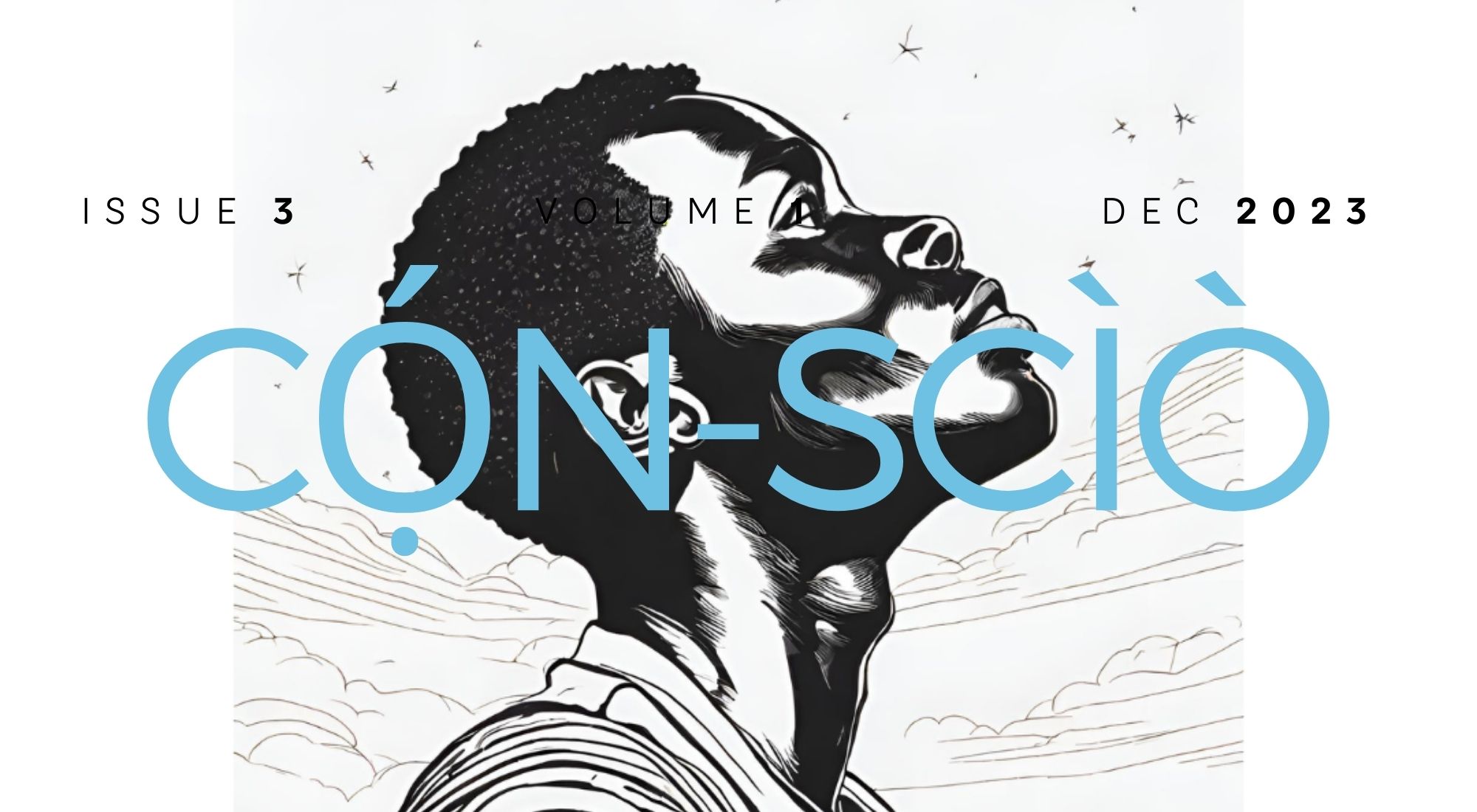The migrant’s life unfolds like a map etched with longing, each shore beckoning with an equal measure of promise and pain. Driven by murmurs of a brighter future, a mirage shimmering on the horizon of desperation, and offers of salvation, we left home, tears staining goodbye kisses, dreams heavier than their meagre baggage.
Leaving home was not just a physical voyage; it was a gamble with identities, a severing of roots, a plunge into the unknown. On first arrival, our breath carries whispers of soon-to-be-forgotten lullabies of mother tongue, evoking the sharp tang of home—sun-warmed streets, the comfort of rowdy streets and rowdier voices, and the clashing aromas of street cuisine.
But the Promised Land, instead of golden streets, reveals a sea of faces etched with suspicion. Under the gaze of its steely sky, it all unravels fast. We quickly discover that our skin is burnt too brown, our accents grate ears like nails on a chalkboard, and our names are stumbling blocks in our paths. Before long, the very essence of our being resonates with a jarring note of “otherness.”
You see, the migrant’s tragedy is not merely displacement, but also the denial of their potential. Opportunities—once alluring mirages from home—vanish at the point of need, leaving only the echo of the cruel refrain, “Go back where you came from.” Each rejection carves another notch on the tally of our exile.
To appease the unwelcoming gazes, we become chameleons, shedding layers of ourselves like our unwanted skin. Soon, the Mother tongue is buried beneath borrowed accents, the name is amputated, and the self is reinvented in the hope of erasing the tell-tale marks Home etched on our bodies.
The cruellest irony is the weight of possible failure that constantly presses down. To return home without a harvest of milk and honey is to confess defeat and admit that the dreams we carried across oceans were nothing more than mirages. To stay is to swallow self and be reincarnated as something else, something acceptable. We become ghosts haunting two landscapes, unable to find solace in either.
Home, once a haven painted in warm hues of recollection, now stings like salt on an open wound. Yet, the echo of home refuses to be silenced. It pulses in the rhythm of our hearts. It is a constant tug-of-war, a battle between past and present, the familiar and the foreign, heart and mind.

Kukogho Iruesiri Samson is a Nigerian writer, communications professional, and publishing entrepreneur. Kukogho has authored five books, including Devil’s Pawn (2020), winner of the 2018 GT Bank Dusty Manuscript Prize. He has received several accolades, both as a writer and a literary administrator.




